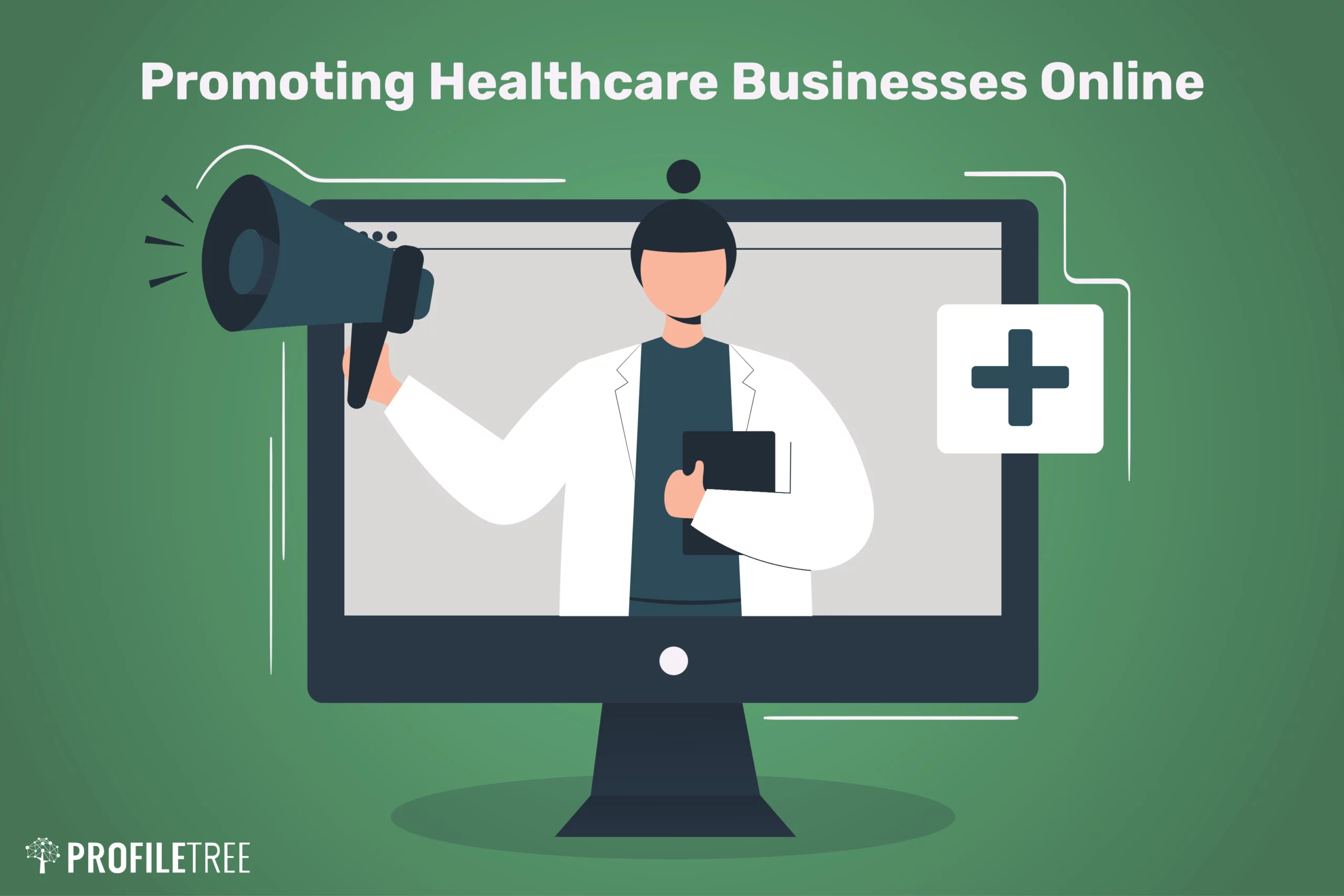Discover the Benefits of Subscription Based Healthcare for Affordable Medical Care
Discover the Benefits of Subscription Based Healthcare for Affordable Medical Care
Blog Article
Navigating the Future of Medicine With Subscription-Based Medical Care Provider
As the health care market evolves, subscription-based solutions become an essential model promising to improve individual care delivery. With the possible to provide streamlined, cost-efficient remedies with predictable rates and personalized focus, these solutions stand at the leading edge of contemporary clinical advancement. As we consider their increase, one must contemplate the ramifications of incorporating such systems into existing healthcare structures. What challenges do they posture in terms of information protection and equitable accessibility, and exactly how might they redefine the patient-provider relationship? The responses to these questions might fundamentally change our approach to health care.
Increase of Registration Healthcare
As health care systems around the globe face enhancing stress from climbing costs and demand for services, the arrival of subscription-based healthcare designs has actually become a transformative trend. This innovative technique is interfering with traditional health care shipment by using a foreseeable, flat-rate payment structure for medical services. Rooted in the principles of concierge medication, subscription-based medical care allows companies to concentrate on tailored person care while at the same time taking care of operational effectiveness.
The boosting consumer need for openness and predictability in healthcare expenditures has actually driven the shift in the direction of this design. Subscription-based services usually use direct accessibility to health care professionals, which can lower the administrative burdens linked with insurance coverage cases and compensations.
This model is getting traction amongst diverse medical care companies, from medical care physicians to specialized clinics, by lining up economic motivations with constant and preventative care. By changing the focus from quantity to value-based treatment, membership medical care has the potential to improve the landscape, fostering a much more patient-centered and lasting approach to health and wellness management.
Benefits for People

In addition, subscription-based services commonly emphasize preventive care, motivating normal exams and wellness testings. This aggressive technique can cause early detection of health concerns, potentially enhancing results and reducing long-term healthcare costs for patients. Furthermore, such models generally provide transparent pricing, allowing people to much better comprehend their health care costs and avoid unexpected clinical expenses.
The customized nature of subscription-based health care also boosts individual experience. People can receive customized health care plans that match their certain needs, cultivating a much more patient-centric approach. This customization can cause improved person fulfillment and adherence to treatment strategies. Registration services commonly integrate wellness programs, sustaining patients in preserving total health and health. Ultimately, these advantages jointly add to an extra efficient, economical, and patient-friendly medical care experience.
Modern technology's Role in Improvement

Artificial knowledge (AI) plays a vital duty in anticipating analytics, assisting in very early diagnosis and tailored treatment strategies. AI formulas examine huge datasets to determine patterns that may be neglected by human observation, thus boosting professional decision-making. Moreover, electronic health records (EHRs) simplify individual info monitoring, ensuring connection and coherence of care across numerous services and companies.
Blockchain innovation enhances information safety and security and personal privacy, important for maintaining person depend on in electronic platforms. It enables clear and secure purchases of medical information, ensuring that delicate details stays secured. With the assimilation of device understanding and AI, blockchain can automate complicated medical care processes, minimizing administrative problems.
Factors To Consider and challenges
While technology pushes the capabilities of subscription-based health care solutions, it also introduces a collection of obstacles and considerations that need to be resolved to ensure successful application. One substantial challenge is the equitable availability of these solutions. As subscription models commonly count on digital platforms, there is a danger of worsening the electronic divide, leaving people without internet access or digital proficiency. Making sure these solutions do not overmuch profit only tech-savvy and wealthy populations is crucial.
Data privacy and security represent another crucial consideration. Subscription-based solutions often require the collection and storage space of huge amounts of personal health information. Providers must comply with rigorous information security policies to maintain person trust fund and stop unauthorized access, which can cause considerable honest and legal repercussions.
As healthcare needs advance, maintaining an economical equilibrium between membership costs and solution quality is important to protect against patient discontentment and attrition. Resolving these challenges is vital as subscription-based medical care solutions proceed to broaden and advance.
Future Ramifications for Medication
Subscription-based health care services are positioned to dramatically affect the future landscape of medicine by reshaping exactly how care is accessed and provided. These designs provide the prospective to democratize health care access, offering patients with more customized and timely treatments. By leveraging innovation, such as telemedicine and data analytics, membership services can facilitate continual surveillance and customized health and wellness administration, therefore improving outcomes and lowering the problem on standard health care systems.
As these services gain grip, they might stimulate a change in the direction of preventative care, stressing the relevance of early detection and monitoring of chronic conditions. This aggressive method may inevitably reduce health care costs other by mitigating the demand for costly therapies developing from late-stage disease monitoring. Registration models supply a scalable service to resolve variations in medical care access, specifically in underserved or country populaces.
However, the change towards subscription-based designs demands dealing with honest and governing considerations, consisting of information privacy and equitable accessibility. As the industry develops, joint initiatives between policymakers, innovation programmers, and healthcare carriers will certainly be essential to developing durable frameworks that protect individual passions while fostering advancement. Inevitably, these solutions assure to add considerably to a much more reliable, patient-centered medical care ecosystem.

Verdict
Subscription-based health care solutions represent a considerable advancement in the medical field, offering predictable prices and individualized care that improve access and prioritize preventive procedures. Technical advancements, such as telemedicine and AI-driven analytics, help with tailored individual experiences, boosting total health outcomes. Challenges such as data privacy and fair gain access to need to be resolved to make certain the prevalent advantages of these solutions. As the health care official site landscape develops, membership designs are poised to play a vital function in forming the future of medicine.
As the healthcare sector progresses, subscription-based services emerge as a crucial design promising to improve individual care distribution.As medical care systems around the world face increasing stress from rising prices and need for services, the arrival of subscription-based health care versions has arised as a transformative pattern (subscription based healthcare).With the surge of subscription-based medical care models improving standard healthcare distribution, clients are starting to experience considerable advantages from this ingenious approach. As health care needs progress, maintaining a cost-efficient balance in between subscription costs and service high quality is vital to stop patient frustration and attrition.Subscription-based health care solutions are poised to substantially influence the future landscape of medicine by improving how care is accessed and supplied
Report this page